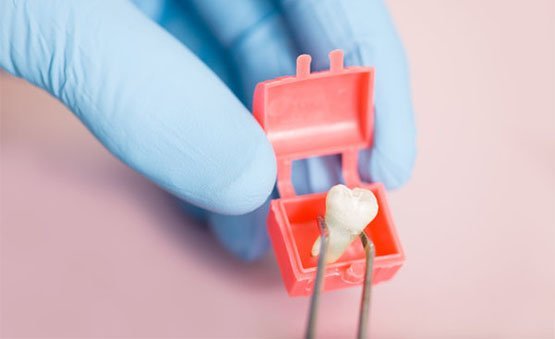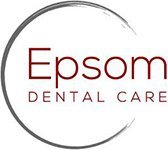Oral Surgery
Oral Surgery Belmont WA
Oral surgery is the diagnosis and surgical therapy of the diseases and injuries of the mouth, jaw, and associated structures.

Impacted Wisdom Teeth
The wisdom teeth become most familiar to people when they reach their late teens or early twenties.
In some cases, these teeth come out from the gum line, and the jaw is large enough for them, but not for all.
Reasons for Extracting Wisdom Teeth
Wisdom tooth is extracted because of the following reasons:
- Impacted tooth growth
- Growth at the wrong angle
- Periodontal infection
- Tooth trapped within the jawbone

Tooth Loss
Dental implants are titanium screw-like posts that bond with the jawbone or skull to support and hold dental prosthesis such as crowns, bridges, dentures, facial prostheses.
Eligible candidates for dental implants need to have a sufficient healthy bone in the area, must not be at risk with infection and must be willing to maintain good oral hygiene habits.
Jaw Problems
Unequal jaw growth
There are some cases when the upper and lower jaws do not grow properly, which can cause problems with speaking, eating, swallowing, and breathing.
Severe jaw problems may need an oral surgery to remove all or parts of the lower and/or upper jaw, to create more balanced, functional, and healthy jaws.
Improve the fit of dentures
Oral surgery may be done to correct the irregularities of jaws before the fabrication of the dentures. This ensures a proper fit; it can also help long-term denture wearers.
The supporting bones often wear down over time, resulting in a denture that no longer fits properly.
Temporomandibular joint disorders
Temporomandibular joint disorders occur when there are issues with the facial and jaw muscles. This is the result of clenching your jaws or grinding your teeth over long periods.
TMJ disorders can cause pain in the face, neck and back and dizziness.
Other Conditions Treated by Oral Surgery
- Facial injury repair
- Lesion removal and biopsy
- Cleft lip and cleft palate repair
- Facial infection
- Snoring
After Surgery Care
On the day of surgery, fresh and soft food is recommended, such as applesauce, cottage cheese, or yogurt. Hot foods may disturb clot formation in the extraction sites.
The next day, it’s recommended to avoid crunchy foods such as popcorn and nuts since they break into little pieces and can get packed down in the extraction site.
If you had a dental implantation surgery, avoid chewing on hard foods for six weeks, or the healing of the implant will be compromised.
Oral Surgery in Belmont WA
Epsom Dental Care offers several effective and high-quality dental services, including oral surgery.
Trust your oral health no one else. At Epsom Dental Care, your and your family’s smiles are our number one priority.
To find out more about our oral surgery procedures in Belmont WA, please contact us today at (08) 9478 2349.
We are located at 5/132 Epsom Ave in Belmont WA.
Frequently Asked Questions
What is included in oral surgery?
How do I recover from oral surgery?
- Take it easy
- Rest at home
- Avoid physical activity
- Use ice
- Eat soft foods
- Take prescribed antibiotics
- Keep your mouth clean
- Brush carefully
- Eat foods rich in vitamin a and C (these vitamins support the healing process).
What kind of foods can I eat after having oral surgery?
After the day of the surgery, avoid eating crunchy foods such as popcorn, nuts, and potato chips which break into little pieces and may get packed down into the extraction sites.
If you had a dental implantation surgery, please avoid chewing hard foods with the implants for six weeks or the healing of the implant will be compromised.

